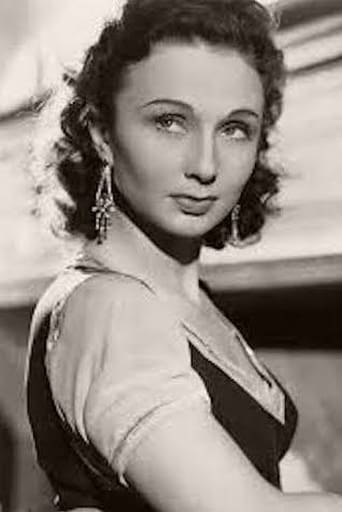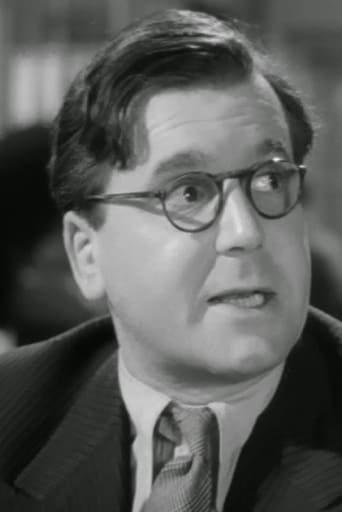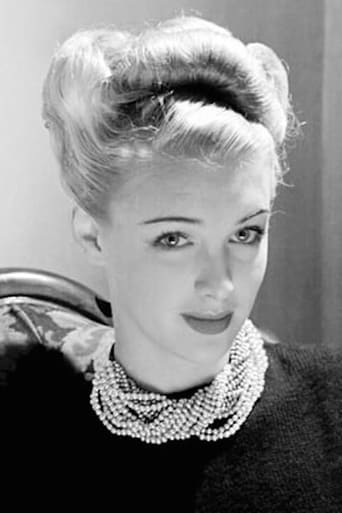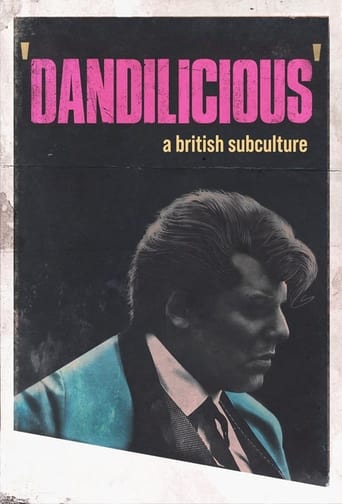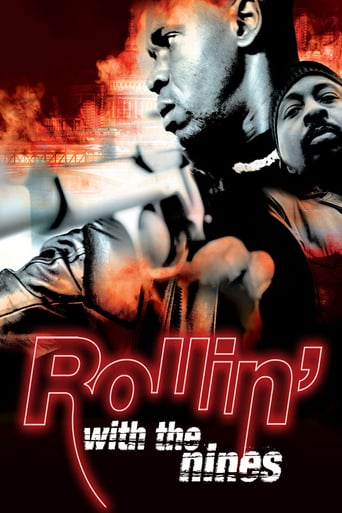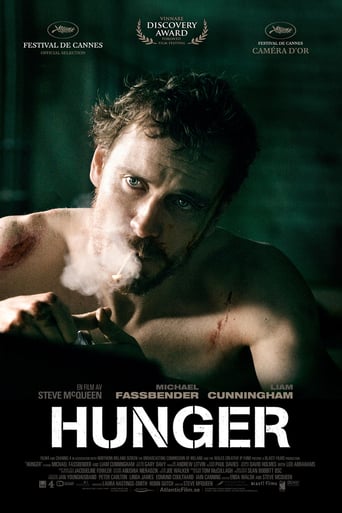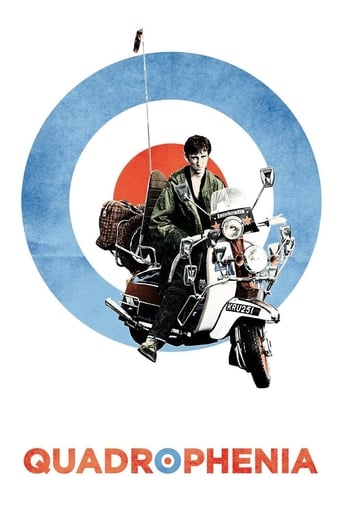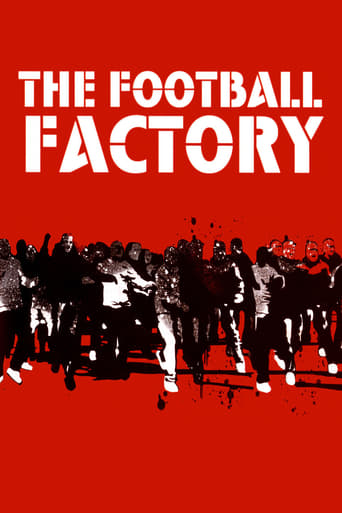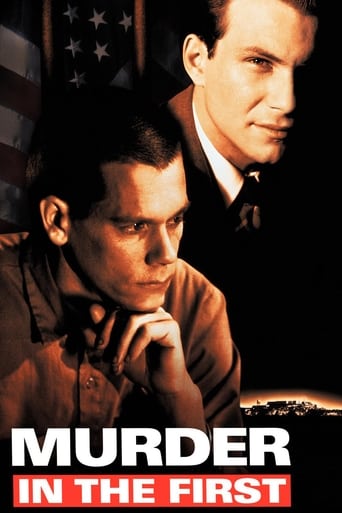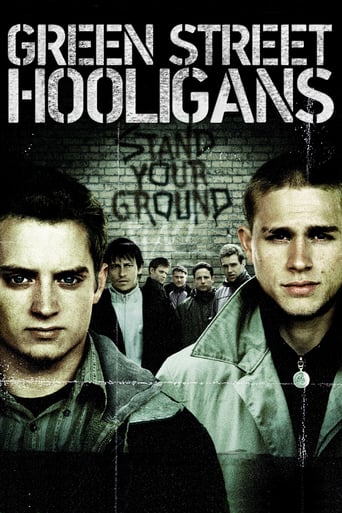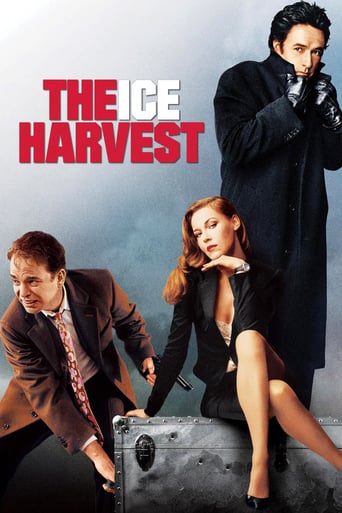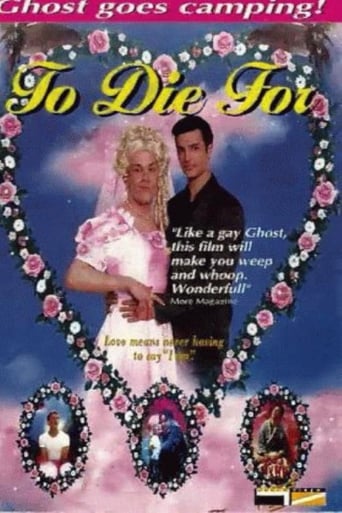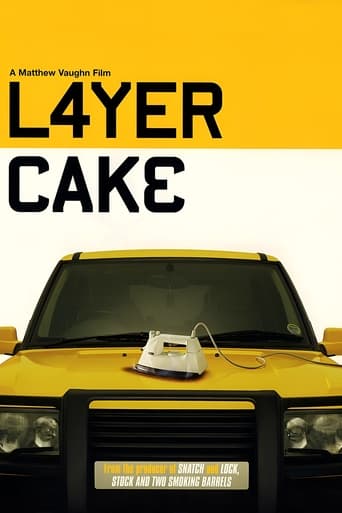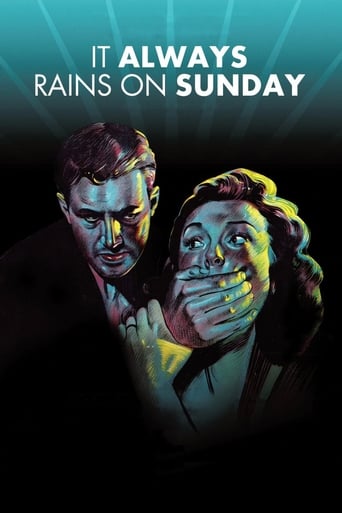
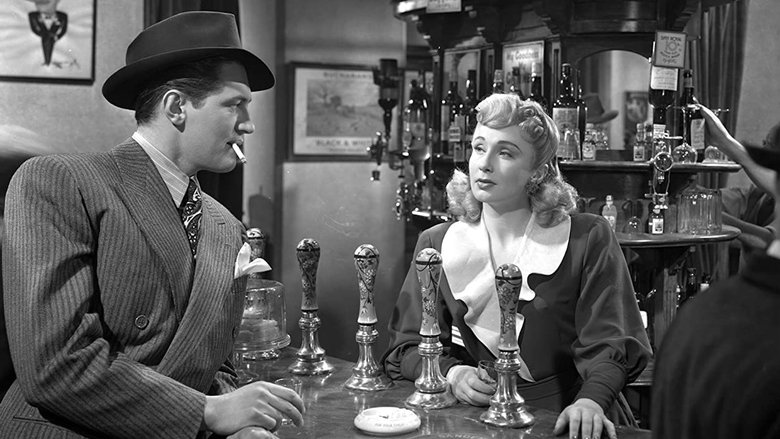
It Always Rains on Sunday (1949)
During a rainy Sunday afternoon, an escaped prisoner tries to hide out at the home of his ex-fiance.
Watch Trailer
Cast


Similar titles
Reviews
This fairly realistic and exciting post-war British picture is a model example of its kind. It's well-written, well-directed, (by Robert Hamer), and very well acted by a cast of British stalwarts and in many ways it prefigures the kitchen-sink movies of the late fifties and early sixties. John McCallum is the escaped convict who hides out in the home of former girlfriend Googie Withers who is now married to older Edward Chapman and is stepmother to his problematic family, (in real-life McCallum and Withers were married for 62 years).If its mix of location work and studio sets lets it down slightly it's nevertheless a very good picture of a tightly-knit East End community and was remarkably grown-up for its period. It also manages to keep several related plots on the boil at the same time without feeling over-egged. Maybe not quite the classic some people claim of it but outstanding all the same.
John McCallum (Tommy) escapes from Dartmoor prison and seeks out his ex-girlfriend Googie Withers (Rose) for food and clothing to help him on his way. Googie is now married to Edward Chapman (George) and lives with his 2 daughters and a son of their own. I think? The son seems a bit old but I think that's the relationship as he refers to Googie as 'mum'. We get involved in their claustrophobic life in their community where everyone seems to know each other. It's the East End of London and everyone is 'salt of the earth'. You get spivs, gangsters, family life and detective Jack Warner (Fothergill) on the trail of McCallum. Googie and McCallum do get together in real life but things are different in this film.The main plot follows the escaped convict storyline but this film is also about family life with characters having their own agendas. Which room is the best room in the house to hide an escaped criminal? You won't believe where Googie directs her ex not only to hideout but also to have a kip! We see McCallum's true feelings towards Googie unravel in the later stages of the film and there is quite an intense final scene as he makes a break for it. I watched the film on a Sunday. And it was raining.
It is already listed but if you want to see the street where the family was "living" go to Hartland Road, just off Chalk Farm Road, just north of Camden Market. It is amazing how little has changed! (except the price of property!) It is odd to think that the street in which the film was set in such a period of shortages is now so close to such overt consumerism! Also nice to note that is the fact that "Rose"- Googie Withers and "lover boy" John McCallum married each other for real in the year that the film was made and are still alive and married to each other today! I wonder if films which are so "depressing" could be made today. Maybe the audience is just not there anymore. Conditions have improved since then and film-makers have to relate to their current audiences (usually under 25!)
This is one of those "slice of cockney life" films so beloved of post war British filmmakers.It belongs in a time capsule along with "Picturegoer","Illustrated","Lilliput" and "Health and efficiency". It's so wonderfully silly and full of British thesps struggling bravely with their dipthongs and glottal stops. I don't think anybody actually says"Blimey guv'nor,yore a toff and no mistyke" but that was probably due to an oversight.However,there is some slight connection with real life in the 1940s that overrides these criticisms and makes it quite compelling in its absurd way.60 years ago London comprised of dozens of autonomous communities like the one shown in this film.They were separated by clearly defined social and physical boundaries.If a boy from Bethnal Green was walking out with a girl from Poplar,say,she would have been viewed with some suspicion by his friends and family. Together with Stepney,Bethnal Green,Poplar and Bow have merged into The Borough of Tower Hamlets.Half a century of Town Planning and Social Engineering has seen the community become ghettoised and divided along racial and religious lines that not even the most pessimistic East Ender could have foreseen.So in these black and white images we have a portrait of a society that - all unknowing - was on its way to extinction. The major problem I have with "It always rains on Sunday" is the casting of Miss G.Withers and Mr J.Macallum in the lead roles.I'm not sure what they're speaking but it certainly isn't cockney.Edith Evans as Lady Bracknell comes to mind. Jack Warner,Sidney Tafler and the great Meier Tzelnicker walk away with the film,masters all of what is now called "Estuary English". When you look at this and "The Blue Lamp" you are seeing the first stirrings of British Noir Cinema if I may use so grand a term.As such,both films have been hugely influential on subsequent generations of artists and countless TV soaps. Every film of course is a Time Machine,and here,preserved,is a Britain on the verge of the Welfare State,populated by people many of whom were still suffering from the deprivations of the Second World War,a male - dominated society where a considerable amount of the community had outside lavatories and no bathrooms,everybody smoked and the local copper could give you a clip round the ear without being thought a fascist brute because everybody knew what real fascists were. If you remember this era with some affection - however grudging - the chances are you already know "It always rains on Sunday". If it seems like a recounting of some Dark Age then you might find as L.P. Hartley said,that the past is a foreign country,and whilst it might be worth your while to take your passport and visit,you wouldn't want to live there.


